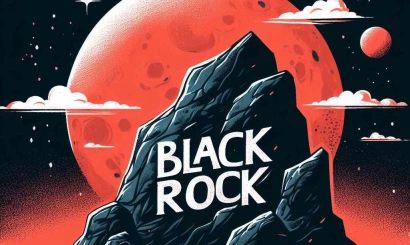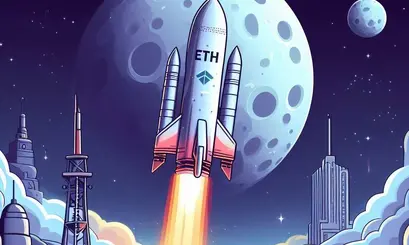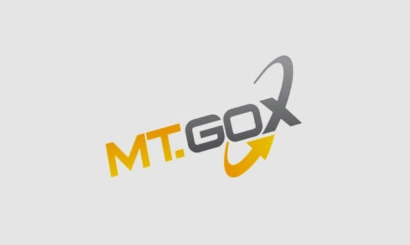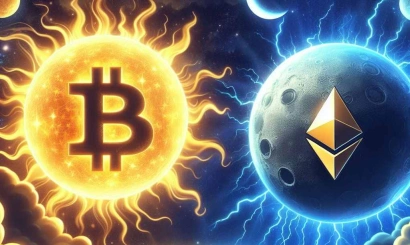Beyond Blockchain. How stacking helps solve environmental and autism issues
We studied large validator lists from different networks and tested the delegation process to tell you about the most interesting examples of combining blockchain node maintenance activities with socially beneficial tasks
More often than not, when examining the list of network validators, users are tempted to delegate all of their funds to the largest services. Such network nodes are usually organized by cryptocurrency exchanges, wallets and web3-platforms. The share of such validators in the network is high, but there are also smaller players whose share of votes is less than 1-0.5%. In this piece, we'll look at several of these popular network validators, their activities, and the potential income from stacking with them.
Cardano
ADA owners can delegate their coins to any of the validators on the list as long as they use native and stacking-enabled software. One interesting Cardano community node available for delegation is Eco Pool, which has a 0.7% voting share.
www.adv.rbc.ru
Each month since December 2021, the pool sends 30% of its earnings to environmental projects; user rewards are not affected in any way by this process. The official website of the pool provides a list of organizations and projects that it has already supported - users can see the value of transactions in ADA cryptocurrency, in the local currency of the recipient organization, and see screenshots of blockchain and bank transactions.
The list of organizations the pool has supported includes: Greenpeace, WWF, The Ocean Cleanup, Ocean Conservancy, Forest & Bird, Sea Shepherd and others.
How much can you earn by giving your coins to Eco Pool and what software is better to use?
For our test we used the Android version of the Yaroi Wallet, which is available for download on any platform. The wallet clearly and conveniently presents the process of stacking and selecting a validator.
The yield of rewards received during the test since March 2022 ranged from 3.5-4% per annum. Rewards available for withdrawal are accrued each Cardano-epoch, which is approximately 5 days. Rewards not withdrawn are automatically added to the user's coins already in stacking, increasing the total compound annual percentage on the original deposit.
Luna Сlassic.
The average annual percentage per delegation to Luna Classic stacking is more difficult to calculate. It is heavily influenced by the ratio of the total number of coins in stacking to the total supply of coins in circulation. Right now, the value of the ratio is 10.24%. In turn, this will lead to major changes in the percentage of annual rewards for LUNC delegation.
More often than not, the expected annual percentage for the network ranges from 10-20%. This was confirmed during testing of the delegation process in October 2022 - the average annual percentage was about 12% regardless of validator choice.
What small Luna Classic validators are worth looking at if users are interested in the performance of the validator itself in addition to the rewards?
SCV-security combines the work of maintaining the Luna Classic network node along with the activity of investigating vulnerabilities and breaches in both web3 and web2 projects. The node's voting share is only 0.02%.
The work of Autism Staking validator is provided by a team of IT specialists with autism, and part of the profit from the functioning of the node the team sends to the Exit Foundation, which helps to solve the problems of autism in Russia, providing information about autism and its features for parents and specialists, and providing social and psychological support to people with autism and their families. Validator donated 410,000 rubles to the fund in 2021. There is no more recent information about donations on the node's page. The node's voting share is 0.2%.
In addition to the validators' stated activities on their official pages, users can also view how validators vote on ecosystem development and what ideas they support.
At the bottom of each validator's page, under Staking, you can see their entire voting history. Thus, LUNC delegates in Staking users indirectly support certain vectors of ecosystem development through the participation of their validators in the votes. You can use the Terra Station browser extension to connect to the portal.
Active traders in their calculations should also take into account the time required to turn off stacking - for the Luna Classic network, this period is 21 days, during this time, the funds "coming out" of stacking will not be available. The rewards accrued on the deposit can be withdrawn and used immediately at any time.
More news about cryptocurrencies you will find in our telegram channel soft4bro.com
Author: soft4bro




_410x245_00e.webp)


